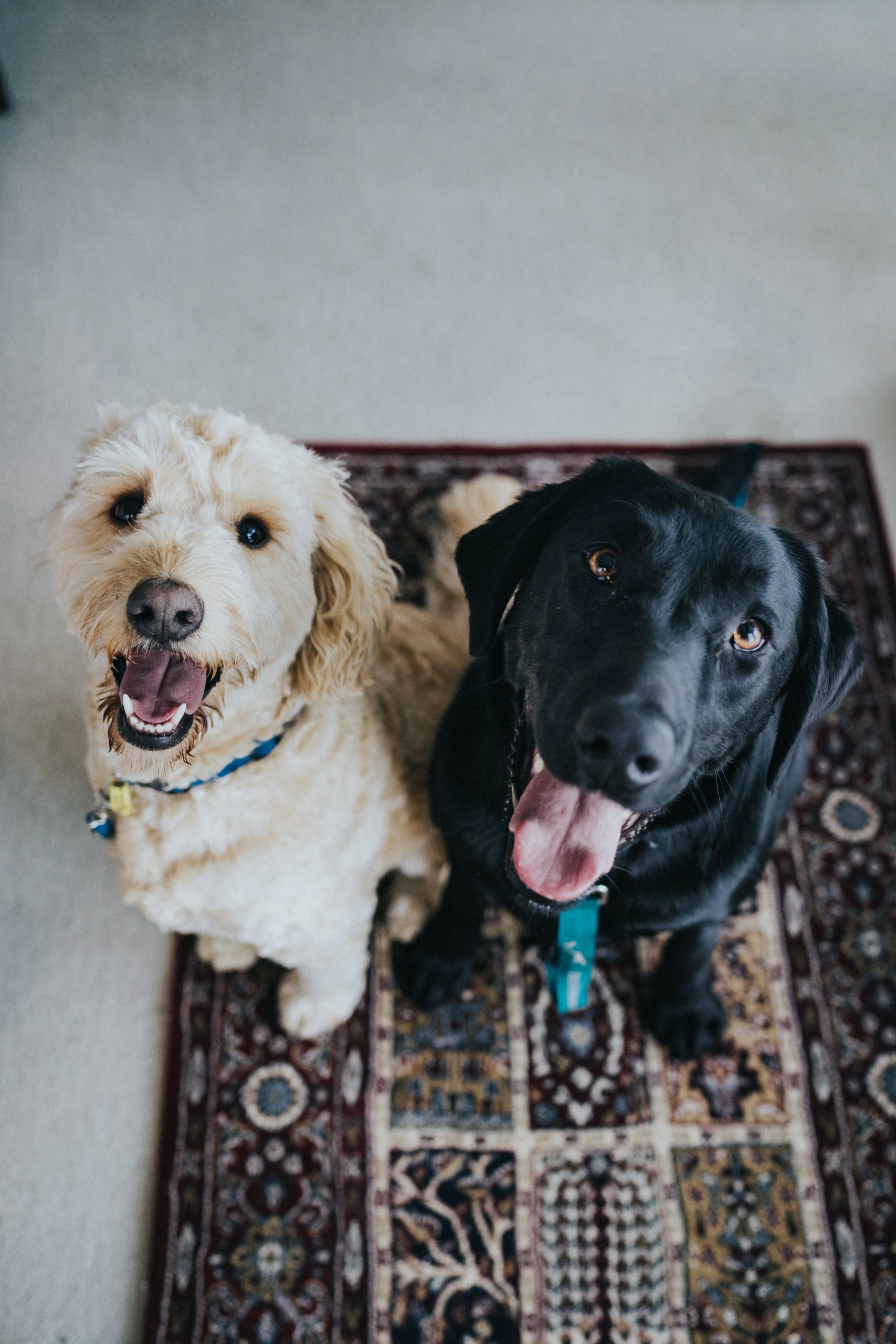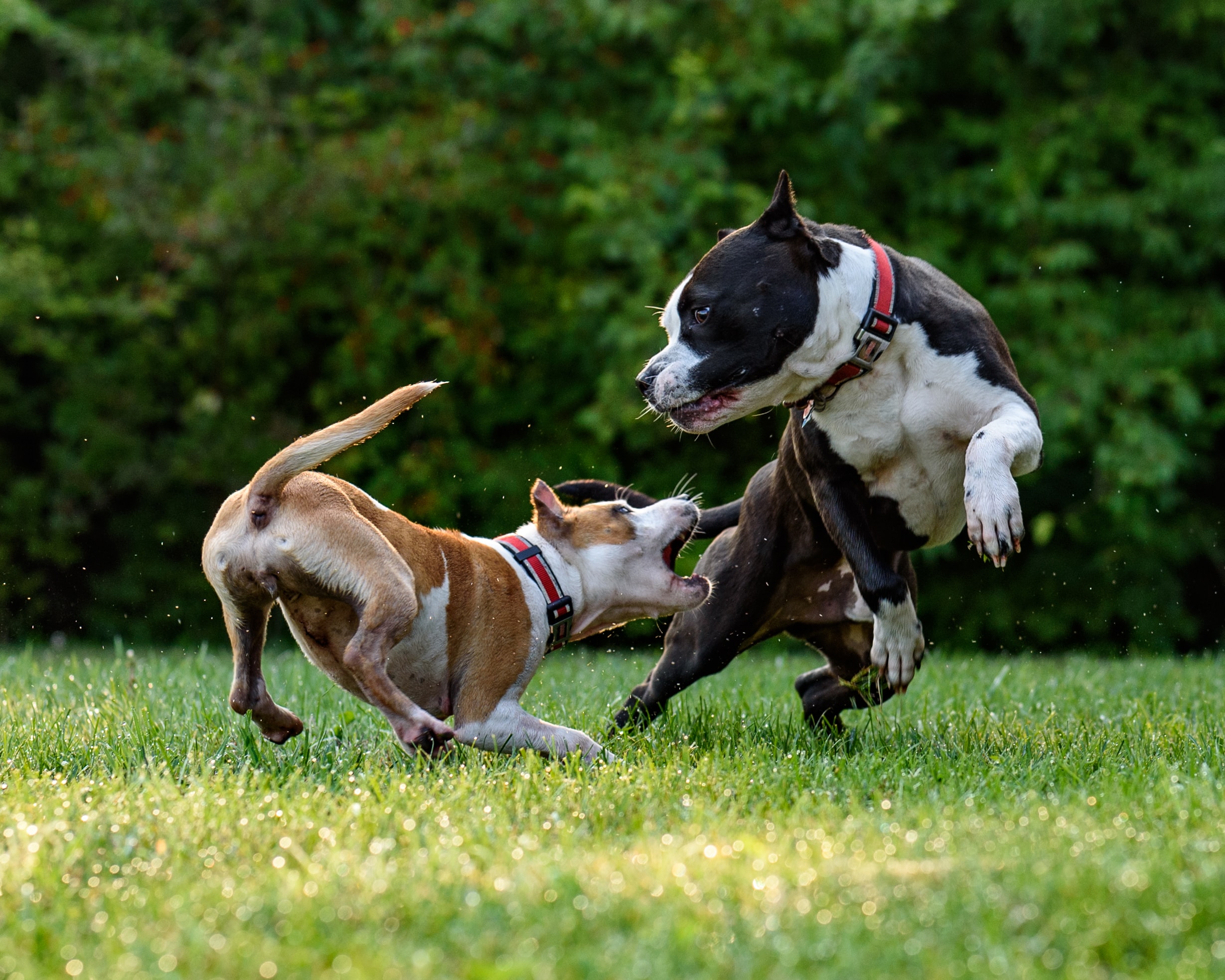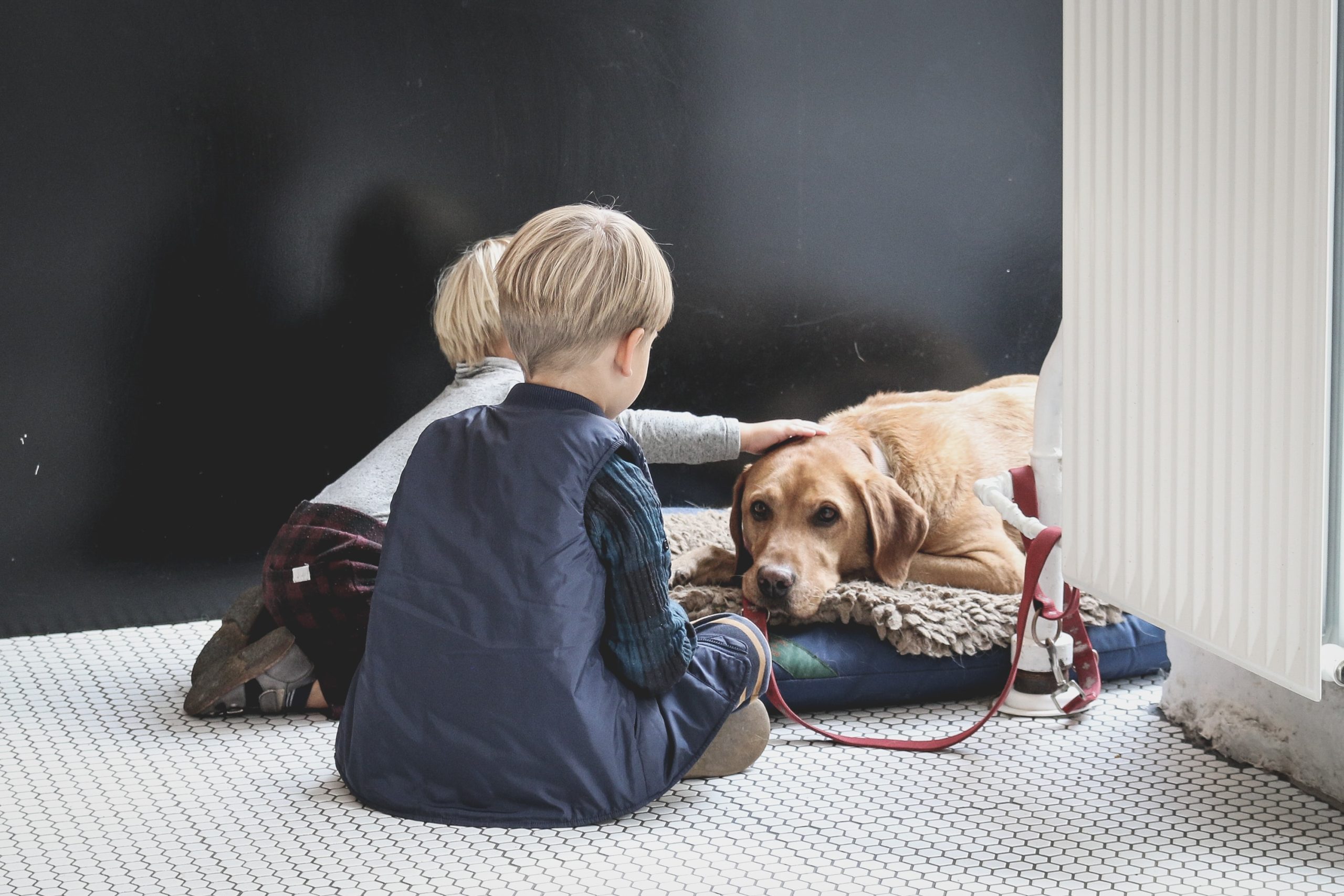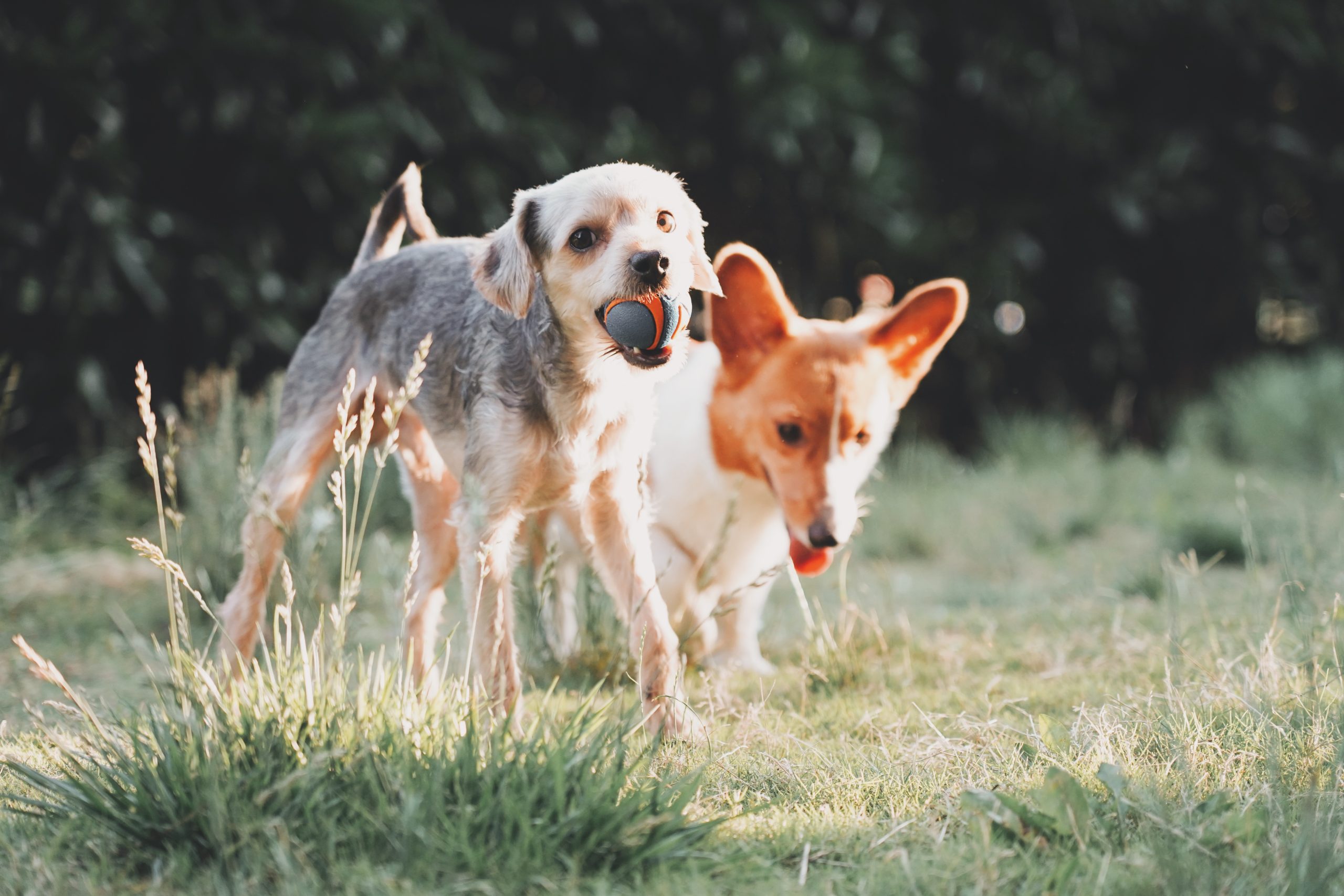The Ultimate Guide to Dog Socialization: Creating Confident and Well-Behaved Companions
The article highlights the importance of dog socialization for their well-being and behavior, discussing the benefits, methods, and tips for successful socialization of both puppies and older dogs.
 Understanding the Importance of Dog Socialization
Understanding the Importance of Dog Socialization
Dog socialization is a crucial aspect of responsible dog ownership, as it significantly impacts a dog’s well-being, behavior, and overall quality of life. When dogs are adequately socialized, they become more confident and relaxed, preventing or minimizing behaviors caused by fear of the unknown. For example, a well-socialized dog is less likely to exhibit aggressive behavior when encountering other dogs or unfamiliar people, contributing to a more harmonious relationship with their owner and the broader community.
Additionally, socialization helps dogs develop appropriate social skills and behavior, making them well-adjusted and adaptable. For instance, a properly socialized dog is more likely to greet new situations with confidence rather than fear, ultimately leading to a happier and more fulfilling life. This process is particularly important for puppies, as exposing them to positive experiences during the critical socialization period between 3 and 12 weeks of age sets the foundation for their future behavior and interactions. Furthermore, socialization is equally beneficial for older dogs, as it provides them with opportunities to learn and adapt to new experiences, albeit with patience and consistency from their owners.
Benefits of Dog Socialization
Socializing your dog not only prepares them for various situations at the pet hospital and beyond but also enhances their overall well-being and behavior. For instance, socialization from an early age helps puppies become more confident and relaxed, making their visits to the animal hospital less stressful for both the dog and the owner. This early socialization phase, typically between 3 and 12 weeks of age, is crucial as it allows puppies to capitalize on their natural curiosity and learning abilities, setting a foundation for their future interactions and experiences.
Moreover, while the focus is often on socializing puppies, it’s equally important to recognize that older dogs can also benefit from socialization. Although it may require more patience, opportunities, and positive reinforcement, older dogs can learn to adapt to new situations, reducing fear and anxiety in unfamiliar environments. This not only leads to more relaxed and confident behavior in dogs but also fosters a stronger bond between the dog and the owner, making the companionship more enjoyable for both parties [1, 2]. Additionally, socialization can eliminate fear and aggression in dogs, creating a more harmonious relationship and significantly reducing challenging behaviors, such as barking, nipping, and fighting with other dogs [1, 2].
Methods for Successful Dog Socialization
When it comes to successfully socializing dogs, there are various methods that can be employed to ensure a positive and enriching experience for both the dog and the owner. For rescued or adopted adult dogs, slow and patient socialization is crucial. This approach helps these dogs adjust to new environments and interactions, allowing them to feel safe and secure as they navigate unfamiliar territory.
In addition to this, socializing dogs for their visits to the animal hospital and trips to the park can have a profound impact on their overall well-being. By creating positive experiences, it reduces stress and promotes a more relaxed and enjoyable time for both the dog and the owner. For instance, exposing a dog to the sights, sounds, and smells of the animal hospital in a controlled and positive manner can help alleviate any anxiety or fear associated with medical visits, making the experience less daunting for the dog and more manageable for the owner.
Furthermore, the influence of socialization on dog behavior during walks is noteworthy. It not only allows owners to enjoy walks without worrying about their dog’s behavior but also promotes happiness and confidence in dogs, making them more adaptable and well-behaved in various situations. Additionally, using doggie daycare as a method for socializing dogs has proven to be beneficial. This approach provides supervised and controlled socialization opportunities, allowing dogs to interact with others in a safe and controlled environment while promoting a healthy and active lifestyle.
Tips for Socializing Puppies and Older Dogs
When it comes to socializing puppies and older dogs, starting the process at the right time is crucial for their development and behavior. For puppies, the ideal window for socialization is between 3 and 12 weeks of age, known as the critical socialization period. During this time, puppies are naturally curious and open to learning from positive experiences, making it the perfect opportunity to expose them to a variety of people, environments, and situations. For example, taking a puppy to a well-run puppy kindergarten class can provide valuable socialization experiences with other puppies and people, contributing to their overall confidence and well-being.
On the other hand, older dogs can still benefit from socialization, but it may require a different approach. Patience and consistency are key when socializing older dogs, as they may have already developed certain behaviors or fears that need to be addressed gradually [1, 2]. Positive reinforcement, along with controlled exposure to new experiences, can help older dogs overcome their anxieties and fears, leading to improved behavior and a more relaxed demeanor. For instance, introducing an older dog to new environments in a gradual and positive manner, such as a calm visit to a dog-friendly park, can help them build confidence and adapt to new situations.
Moreover, the physical and mental health benefits of socialization for both puppies and older dogs cannot be overstated. From reducing stress and anxiety to promoting overall well-being, socialization plays a vital role in shaping a dog’s behavior and temperament, ultimately contributing to a harmonious relationship between dogs and their owners [1, 2]. For example, a well-socialized dog is more likely to exhibit calm and well-behaved behavior during visits to the animal hospital, making the experience less stressful for both the dog and the owner, while also fostering a positive relationship with the veterinary staff.
Overcoming Challenges in Dog Socialization
Socializing older dogs can present unique challenges, but with patience and gradual exposure to new experiences, these challenges can be overcome. For example, older dogs may have ingrained behaviors or fears that require a more extended period of positive reinforcement and consistent socialization opportunities. By providing older dogs with patient and consistent exposure to new environments, people, and other dogs, they can gradually learn to feel more at ease and less fearful in unfamiliar situations [1, 2].
Moreover, recognizing the positive impact of socialization on reducing challenging behaviors in dogs is crucial for fostering a harmonious relationship between the dog and the owner. For instance, socialization can help alleviate issues such as excessive barking, aggression, and fear-based reactions, leading to a more enjoyable companionship and a calmer, better-behaved dog. By understanding the potential behavioral improvements that can result from socialization, dog owners can approach the process with a sense of purpose and commitment, knowing that it can significantly enhance their dog’s overall well-being and behavior [1, 2].
Furthermore, facilitating supervised and controlled socialization situations is essential for ensuring the safety and positive interactions of both the dogs and the people involved. For instance, organized doggie daycare programs or structured socialization classes provide environments where dogs can interact under the watchful eye of experienced professionals, ensuring that the interactions are positive and beneficial for the dogs’ social development. These controlled settings allow for the gradual introduction of new experiences and provide a supportive framework for dogs to learn and adapt in a safe and secure environment [1, 3].
Conclusion
The importance of dog socialization cannot be overstated, as it plays a crucial role in shaping a dog’s behavior and overall well-being. By prioritizing socialization, dog owners can ensure that their pets are better equipped to navigate various situations, from visits to the animal hospital to enjoyable trips to the park. For example, a well-socialized dog is less likely to exhibit fear or aggression during veterinary visits, making the experience less stressful for both the dog and the owner.
Furthermore, socialization contributes to the happiness and confidence of dogs, allowing them to adapt more easily to new environments and interactions. For instance, a dog that has been properly socialized is more likely to exhibit calm and well-behaved behavior during walks, enabling the owner to enjoy quality time outdoors without worrying about their dog’s reactions to unfamiliar stimuli. Additionally, a well-socialized dog is more likely to have a positive and harmonious relationship with its owner, leading to a stronger bond and a more enjoyable companionship.
In essence, dog socialization is not just a beneficial practice for dogs; it also enriches the lives of their owners by promoting a healthier and happier relationship. Therefore, dog owners should prioritize dog socialization as an essential aspect of responsible dog ownership, recognizing its profound impact on the well-being and behavior of their beloved pets.



